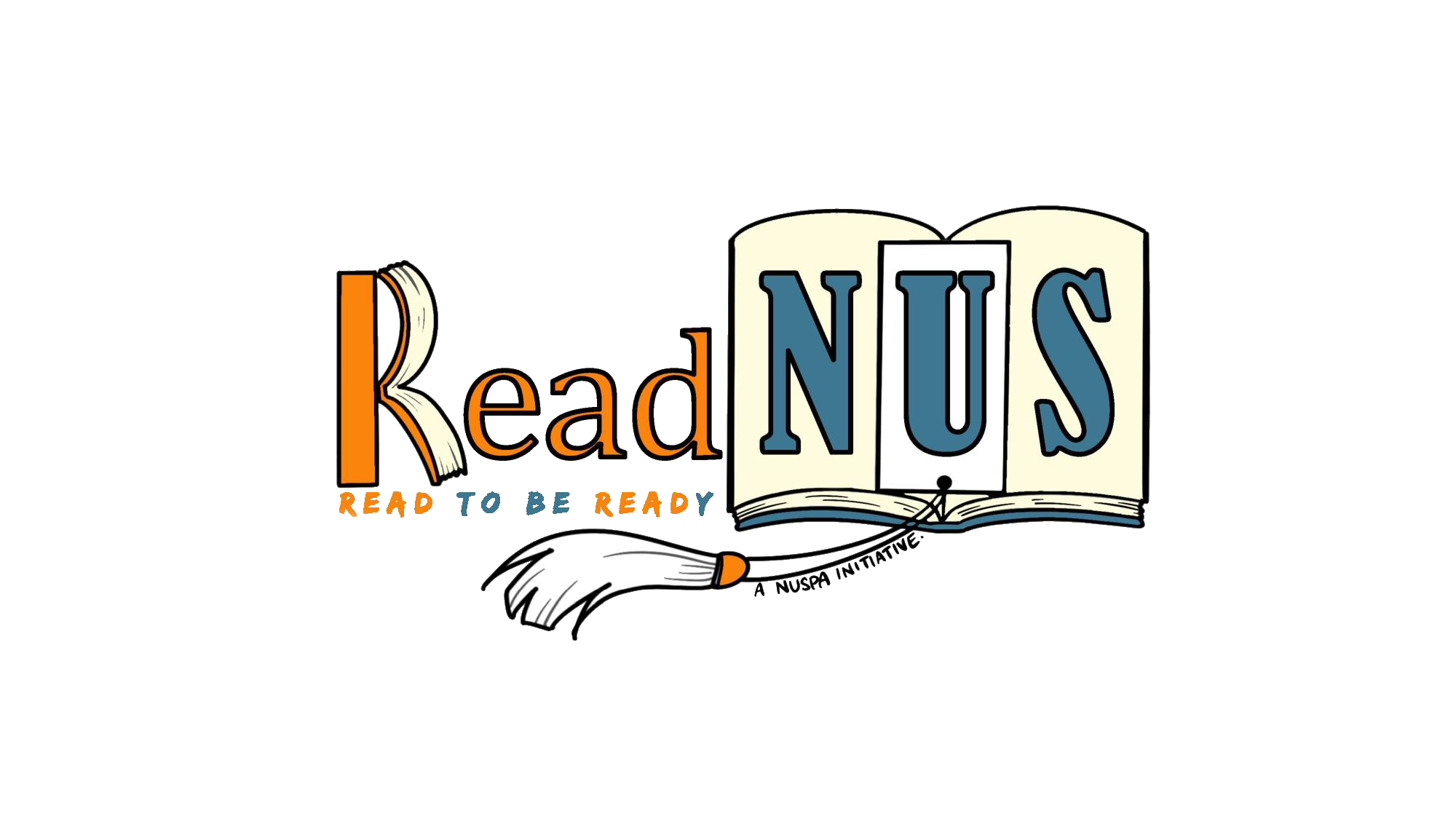I Was Never A Bookworm

When people think of English Literature majors, they often picture someone bespectacled, lost in a fictional world in front of piles of books in a cafe. Perhaps in your mind, you will even go beyond to imagine them donned in formal clothing, topped off with a neat bow tie. Underscoring these assumptions is the notion that these students are bookworms — they enjoy reading, and have always loved doing so since they were children. Yet, as someone majoring in English Literature, I was never a bookworm.
As a child, I was surrounded by avid readers; my friends read a variety of books from Harry Potter to Percy Jackson. Though I did try to browse through the pages, I was not a fan of magic and fantasy; I often got lost after paragraphs of world-building. I thought I was strange for not enjoying stories about powerful wizards and enchanting mermaids, and decided that it was because I simply did not enjoy reading as much as my peers. On top of that, the hundreds of unread pages were immensely daunting for someone who has only ever flipped the chapters of textbooks and workbooks, or occasionally, books such as Diary of a Wimpy Kid.

The transition to loving reading was much simpler than expected. In secondary school, I was deeply intrigued by the assigned reading of my Literature class. The novel, The Road to Memphis by Mildred Taylor, explored themes surrounding subject matters like racism and inequality, creating a digestible read despite the painful, factual information contained within.
From there, I discovered my initial preference for those types of books, before venturing out and trying other styles.
Everyone has a different reason for reading. Some do so to escape from reality (explaining their love for novels where characters and dragons undergo tough challenges), and others do so to learn more about themselves (when reflecting on their own beliefs after reading a thought-provoking book). Though none of the reasons are mutually exclusive, or better than the other, I found that the main motivator for my trips to the library was the fascinating way a novel could change my perspective and shape my worldview. From fiction to nonfiction, the infinite possibilities strung onto a page can educate readers on the contemporary issues of different ages, and the way societies are affected by hierarchies and systems of thought.
After finding my own reason for reading, I started off with collections of short stories. Since hundreds of pages for one main driving plot was intimidating for me, a story that lasts twenty pages at best was more suitable. I picked up Cyril Wong’s Ten Things My Father Never Taught Me, which coincidentally contained a short story called Applause, which I had studied as an unseen text in class. As I read on, I found meaning in each of the short stories, much like I did for Applause in class. Before I knew it, each short story followed the next in quick succession, and I had finished reading around 200 pages of the entire book in just one sitting.
Much like how it is easiest to eat healthily when we choose to eat our favourite fruit and vegetables, or how it is less demanding to start with more straightforward tasks on our to-do lists, it is best to kick off the habit of reading with books we genuinely enjoy. Given the myriad of book types around us, there is sure to be something for everyone.
For the bulk of people who dismiss reading as a hobby they will never get into, they, like I, have simply never found the genre for them. Though the distinctions between genres are blurring and blending, there are arguably up to 35 genres (or more) for readers to enjoy. Given how, for instance, books about action, crime, horror, romance, self-help, and science are so vastly different, it is a severe sweeping statement to pronounce reading as boring.
The ‘activation energy’ needed to start reading is undeniable — but it will be worth it. To make things simpler, the rule of thumb is this: if you find that you are reading a book that is too unexciting, too eventful, too draggy, or too fast-paced, pick another one! At the same time, if long books or series are too intimidating, try starting with collections of short stories to help you stay focused. We can’t expect ourselves to immediately dive into a 1000-paged book, at least easily or leisurely. As much as reading is a habit that needs to be cultivated (which is to say, consistently carried out), it should still remain a fun hobby that we look forward to. Hence, there is no better or worse book to start off with, as long as it is enjoyable to the reader.
I was never a bookworm, but the right books can make anyone fall in love with reading.
By: Shannon Ling
ReadNUS Editorial Team
